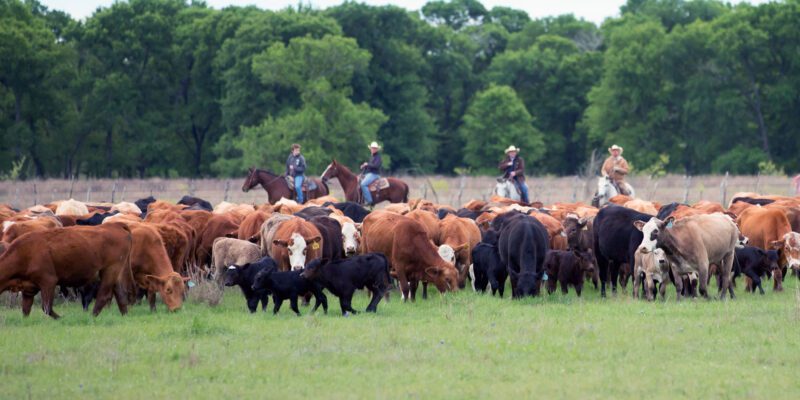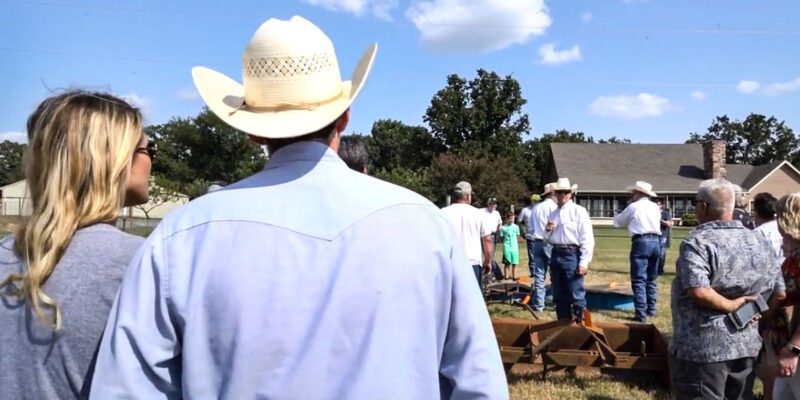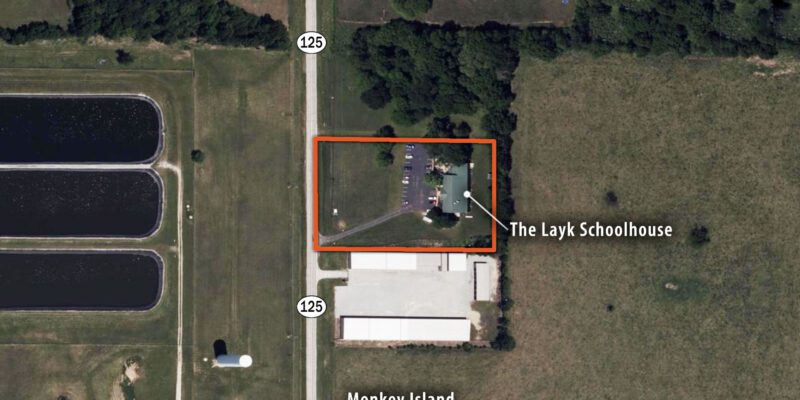Why Auction Is the Smart Choice for Selling Farms and Ranches
Across America’s heartland, generations of families have built their livelihoods on the land. But as time passes, many family farms and ranches reach a natural turning point — when it’s time to downsize, retire, or pass the operation to the next generation. That transition can be emotional, complex, and filled with tough questions:
How do we ensure fairness among heirs?
How can we protect the land’s value?
How do we honor the legacy built over decades of hard work?
For many families, the answer is found in the auction method of sale.
Auctions Protect the True Market Value of the Land
Unlike traditional listings, an auction invites qualified buyers to compete—driving real market value instead of settling for what one buyer is willing to offer.
In today’s active ag land market, auction ensures the seller never leaves money on the table. Competitive bidding brings transparency and excitement, allowing every bidder the same opportunity, and every seller the confidence that their land sold for its highest achievable price.
A Timely, Controlled Process
Farms and ranches are more than just assets—they’re often the heartbeat of a family’s history. But drawn-out negotiations and uncertain listing periods can add stress during an already emotional transition.
An auction sets the timeline—you choose the date, the terms, and when the property will sell. That certainty helps families plan for retirement, settle estates efficiently, and avoid the fatigue of open-ended listings.
Fairness for Families and Heirs
When multiple family members are involved, auction provides something rare in emotional decisions: objectivity.
The open, competitive process removes favoritism and speculation. Every interested party—family member or outside buyer—has an equal opportunity to bid. The final price is determined transparently by the market, creating peace of mind for heirs and minimizing family conflict.
Legacy Protection Through Professional Stewardship
Choosing to sell at auction isn’t just about profit—it’s about controlling the sale so that you can preserve the land’s story.
An experienced auction firm understands the importance of marketing your property to the right audience: serious farmers, ranchers, investors, and land stewards who appreciate its productivity and heritage.
Through professional presentation, mapping, drone photography, and regional advertising, your land is showcased with the respect and care it deserves—ensuring its next chapter is written by someone who values it as much as you do.
Confidence in Closure
Perhaps most importantly, auctions give sellers certainty.
On auction day, the property sells under terms you approve. The buyer is committed, earnest money is deposited, and closing follows promptly. For landowners who’ve spent a lifetime building equity in their operation, that confidence is invaluable.
Turning Generations of Work into a Lasting Legacy
Selling the family farm or ranch can be one of life’s hardest decisions—but it can also be one of the most meaningful.
By choosing auction, landowners take control of the process, protect family harmony, and ensure that their life’s work is passed on in a way that honors both heritage and value.
At CJ Auctions, we’ve spent decades helping farm and ranch families make that transition with dignity, transparency, and success. Because for us, it’s not just about selling land—it’s about preserving legacies.









